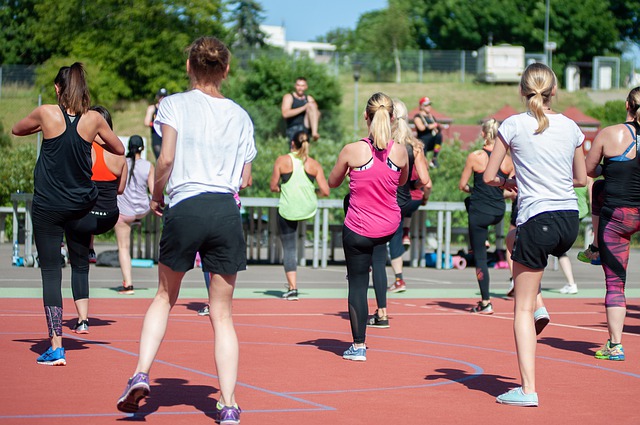Whether your stress results from financial, health, work, or anxiety disorders, its effects on the body can be fatal if not well managed. Stress symptoms can either be mental, physical or in the form of behavior changes. In this article, we’ll discuss ways to naturally reduce stress and anxiety levels.
1. Supplements
Supplements such as Adrenal Rebuilder and St John’s wort have shown stress reduction and mood enhancement effects. Before taking these supplements, it is advisable to consult a physician and always read the instructions before use.
2. Natural Herbs
The following natural herbs are known to reduce stress and anxiety symptoms.
- Rhodiola – This Russian and Asian native herb is a practical, short-term antidepressant.
- Magnesium – This energy-producing mineral present in green vegetables, whole grains, seeds, and nuts reduces stress by interacting with GABA (gamma-aminobutyric acid) realtors.
- CBD – Cannabinol is a compound from the marijuana plant, and it helps to trigger a relaxation feeling. It’s also used to reduce anxiety for insomnia patients.
- Valerian Root – This is a pink and white coloring plant with a strong odor and has sleep and relaxation properties that calm the mind.
- Ashwagandha – Also known as Indian ginseng, this evergreen shrub can help to normalize cortisol levels and therefore reduce the stress response. Find out more about the best ashwagandha supplement.

3. Outdoor Therapy
Regular outdoor activities in the beach, forest, or desert trails act as a natural therapy to people suffering from trauma and mental issues:
- Enjoyable Exercises – Regular exercising burns off anxious energy and releases natural hormones that boost your mood and improve sleep. Activities such as hiking, cycling, kayaking, rock climbing, cross-country skiing, swimming, and trail running are great ways to reduce stress and anxiety.
- Social bonding and peer support – Group-organized outdoor therapies for people with similar or relatable stress and anxiety disorders help them interact freely without the fear of being judged. It helps lower stress levels and other mental health conditions and may result in new friendships and bonds.
- Natural therapy – The outdoors are a natural therapy, and people tend to be happier and less anxious when close to nature
4. Working Out
Setting fitness goals and working towards achieving them will keep you busy and free from stress and anxiety. You can develop a home schedule, join a gym, or hire a fitness coach to help you achieve your goals. Sticking to a workout schedule isn’t easy, but keeping yourself accountable will help you keep stress and anxiety at bay.
5. Enough Sleep
Sleep allows the brain to recharge and the body to relax. When you don’t sleep enough, you deprive the body of the benefits of memory consolidation and muscle repair. Poor sleep patterns affect your mood, memory, and judgment. Getting enough sleep leaves you happier, relaxed, and anxiety-free.

6. Healthy Eating Habits
Eating nutritious foods reduces stress symptoms. To help reduce stress and anxiety levels:
- Avoid or limit caffeine intake.
- If you take alcohol, do so in moderation and avoid taking it as a stress reliever.
- Don’t eat to relieve stress, as you might overdo it.
Stress can affect your work life, relationships, and health, and you should strive to remain stress-free all the time. Embracing the above tips will help you reduce stress and anxiety, leading you to a happy, healthier life.
*collaborative post


































